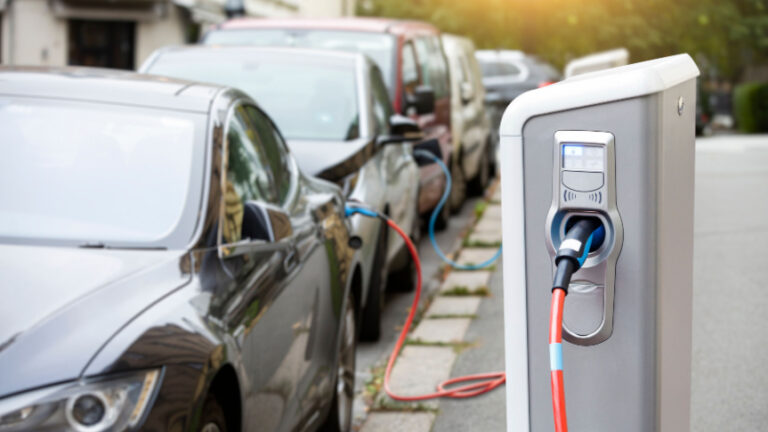Committee on Climate Change calls for net zero emissions by 2050

The UK can end its contribution to global warming within 30 years by setting an ambitious new target to reduce its greenhouse gas emissions to zero by 2050.
That was the advice given yesterday by the Committee on Climate Change (CCC), which is pressing the UK government to take urgent policy action or face falling short of its legally-binding commitments to the Climate Change Act and Paris Agreement.
While the foundations and policies to achieve a net-zero economy are already active or in development, current policy is not enough even to meet existing targets, the Committee has warned.
Amongst a raft of ramped-up policy proposals, the CCC outlines the requirement to quadruple the supply of low carbon electricity by 2050, establish more efficient buildings and low-carbon heating systems, and remove petrol and diesel vehicles from our roads.
Crucially, the Committee stresses that meeting these more ambitious goals can be achievable with existing technologies and could be affordably implemented within the current agreed budget.
The message from the CCC is clear: the government must act urgently and responsibly for the future health of our planet and society. Given the size of the task at hand, real and enduring climate action will require widespread collaboration between business and government. The onus should not be on policy makers alone.
While governments play a central role in setting appropriate polices and reducing barriers, it will be industry that channels the necessary capital and manages the risks to help make change happen. It will be industry, and companies like SMS, that have perhaps the greatest potential to spearhead a positive climate transformation.
More than ever, decision makers across the UK and the rest of the world need reliable and authoritative data and analysis that will help shape investment into the technologies needed for the energy system of the future. Consequently, we are now seeing the formation of a large market for the establishment and management of intelligent technology assets, smart sustainable systems, and energy efficiency services.
As we continue to play a leading role in the transition to smart and low-carbon energy systems, our innovative energy services today assist an ever increasing number of energy suppliers, industrial and commercial organisations, and the wider domestic market. Through these services, we are playing an increasingly critical role in transforming and decarbonising the UK energy system.
Our energy services division not only identifies and recommends energy and carbon-saving solutions for other UK businesses, but also works with these customers to deliver projects that lower carbon emissions while also building capacity within those businesses to manage their energy and carbon risk. Through our OLEV-approved electric vehicle (EV) installation charging solutions, we are additionally supporting the UK market to establish this national network of EV charging infrastructure.
We are also now expanding our services to manage the end-to-end installation and delivery of Photovoltaics (PV), distributed generation, battery storage, and other smart grid solutions.
At SMS our vision is to be at the heart of the low-carbon smart energy revolution. In that respect, we express our support for the CCC’s climate policy recommendations, and pledge to continue doing our part through helping consumers – both commercial and domestic – increase energy efficiency and reduce carbon.
Climate Change is a critical issue that could have a devastating impact both socially and economically. While a great deal has already been done, we recognise that a fundamental shift in our energy generation and use is required to avoid the worst impacts of future climate change.
We are lucky to work with a suite of innovative clients who are ready and eager to deploy smart, low-carbon technologies, and as a result achieve a high-level of ambition when it comes to our collective sustainable impact.
Find out more about how we are leading the smart energy revolution in the UK


